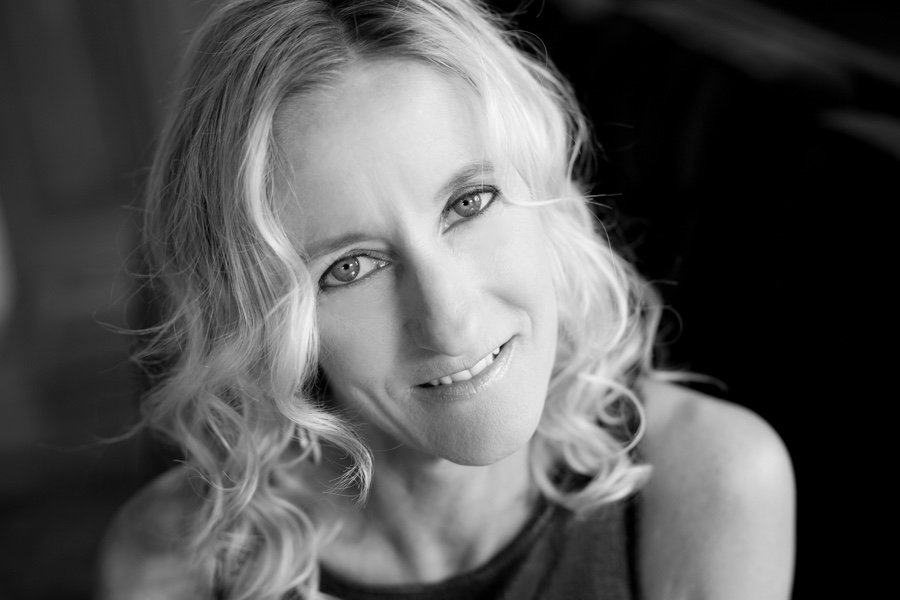Sue Crothers founded the One Earth Young Filmmakers Contest in 2013.
By Susan Messer
Since 2013, the One Earth Young Filmmakers Contest has awarded over 100 prizes to short environmental films from youth ranging from 3rd grade to age 25. To celebrate the achievements of these young people over the past 10 years, a jury of 9 environmental and film professionals selected the top 10 of these films to be presented at the Gene Siskel Film Center, in Chicago, on Sunday, Sept. 18, at 11:30 a.m. CDT. Each film is 2 to 7 minutes long and ranges from animation to live action. At the event, you can meet these young filmmakers in person or online, hear what they are doing today, and see their extraordinary films. Sue Crothers is the founding director of the contest, and offered these reflections on the contest and the filmmakers over these 10 years.
Q: Describe your role in the contest.
A: As the founding director, I manage the entire contest, working closely with Lisa Files, who is the program manager, to implement and execute all the tasks involved in getting us to the award ceremony. A big part of this involves reaching out to seek submissions. We do this via email as well as all forms of social media in our effort to reach universities, high schools, elementary schools, teachers, school districts, parent organizations, university clubs, schools within universities—for example, film schools. We also drop print materials off at campuses, student unions, and so on throughout Chicagoland. We just started our own Instagram and, to reach younger filmmakers, TikTok, and we use LinkedIn for the business and professional community. We work hard to meet our demographics where they are. It’s a national effort, and increasingly, international.
But that’s just the beginning, of course. Then there’s recruiting judges, distributing the films to them, tracking the films, compiling rankings, and the greatest pleasure, awarding the winning films. A lot to it, as you can see.
Q: What motivated you to start the contest?
A: I was one of founders of the One Earth Film Festival, and in our second year, we were at a planning meeting. As part of the conversation, Ana Garcia Doyle, One Earth Film Festival Executive Director, mentioned that someone from a local Montessori school had asked if there was an opportunity for their students to participate in the festival. From that simple question, the contest was born. Okay, I said, I’ll take that on. The first year, we got 18 submissions. Now we get 180-200. It’s become a passion project for me. It’s been an incredible ride.
Q: Care to share some thoughts about the contest over the past 10 years—the highs and the lows?
A: Well, the highs have been seeing the incredible growth in participation, starting out from Oak Park and Chicago and expanding to the whole country and world. Another high has been seeing the depth of the films these young people create. And, sadly, that’s also one of the lows. When we started out, the films were all about “Let’s recycle,” or “Let’s ride our bikes.” Now, it’s the apocalypse. The films feature a more urgent level of activism: “Let’s march,” “Let’s push governments to act,” “People need to know about environmental racism.” The films themselves have become so deep, so full of the existential threats our young people feel. The anxiety level is shocking.
Q: Of all the films you’ve seen as part of this contest, can you name a few that stand out the most for you personally?
A: Yes. Some are in the ten best that will be shown at the September event, and some are not. One that is in the 10 best is The Chase by Hunter Harding. It’s a sci-fi film, and I love the energy, the music, the lyrics, the view of mother earth and what’s at stake. Another one—not in the 10 best—is called A Revolution Dance Against Petcoke by filmmaker Bre Kloski. The whole film is a dance—an art interpretation around an environmental justice issue—the presence of petroleum coke piles and dust in the neighborhoods of Chicago’s south side. And the last one I’ll name here—one that is also not included in the 10 best—was Jingqi Zhang’s film Hopper’s Day. It’s an animation, so beautiful, and a metaphor for humanity. You have to watch it a couple times to get the metaphor. But it’s told through the eyes of a cricket that lives in a wasteland with no water. It’s every bug for itself. I won’t tell the whole story, but I’ll say that although it’s honest about environmental destruction, it also demonstrates empathy, that it’s possible to do something for the greater good.
Believe me, it wasn’t easy for our judges to settle on a top ten from all these wonderful films.
Q: Talk about how the world has changed in the past 10 years since you began this project, and how that has affected your thinking and commitment to this venture.
A: The difference in 10 years is that the anxiety level is so high now. The enormity of the problems is not lost on our young people. They’re distraught. A lot of the films aren’t very hopeful. As a tagline for the contest, we considered “What’s your future?” But we became concerned that we would just create one big negative feedback loop with that. So we reframed it as “Make your future.” The One Earth Film Festival has always been about activism. It’s not just about watching films. So that’s the goal for the next 10 years of the festival, a return to hopefulness through activism and envisioning the future you want. Overall, though, I want to say that for the whole 10 years, it’s been a huge privilege to work with these young people and to elevate their voices.


